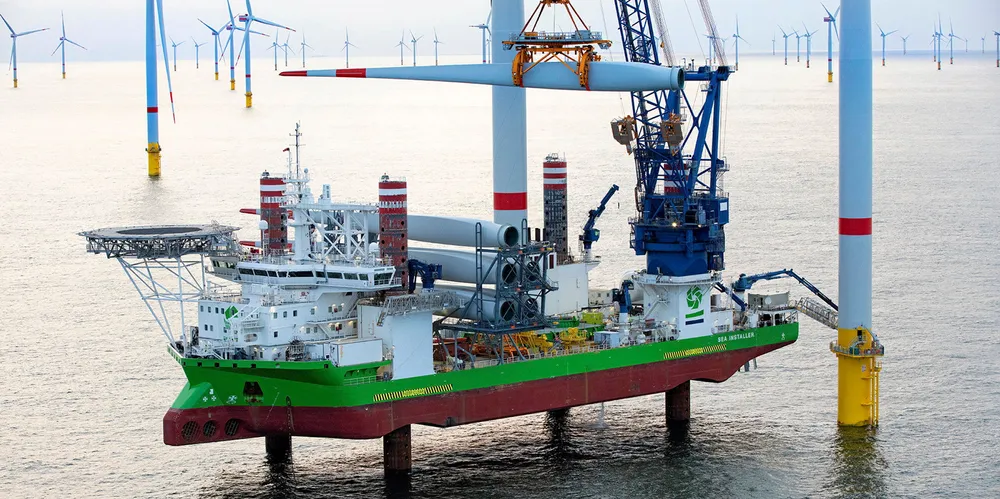Marine industry slams offshore wind over 'unfair and unsustainable' contracting risks
Trade body says contractors left exposed to raft of downsides by developers and investors in sector with 'progressively poor market conditions'

Trade body says contractors left exposed to raft of downsides by developers and investors in sector with 'progressively poor market conditions'
